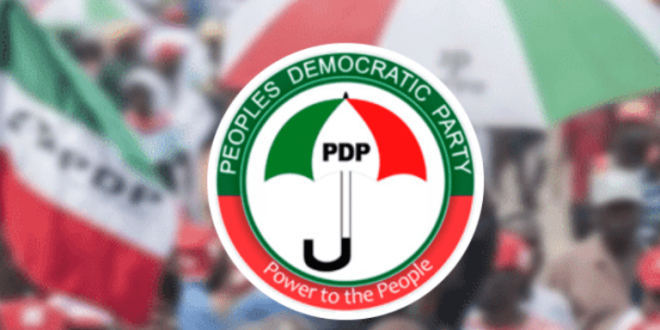By Paulinus Nta, A’IBOM |
The recently concluded local government primary elections organised by the People’s Democratic Party (PDP) in Akwa Ibom have sparked mixed reactions among party members and observers.
Governor Umo Eno had previously empowered party stakeholders to engage with aspirants in their wards to select harmonised consensus candidates, aiming to maintain political stability and peace in the state.
This directive was intended to avoid rancour and bitter contests that could undermine the current relative peace in the state.
But while some viewed the consensus arrangement as a means to ensure a peaceful primary process, others criticised it as a setback for democracy.
The first group argued that the consensus candidate arrangement stifles democratic processes by not allowing for open contests.
They believe that this approach limits the democratic choice of the party faithfuls.
Otuekong Anthony Akpan, a former state officer of the PDP, applauded the governor for his strategic political approach but expressed concern that many loyal party members felt disenfranchised by the directive.
On the other hand, a second group of party members believes that the governor’s directive was the best course of action.
Aniefiok Udo, a PDP stalwart from Uyo, noted that the directive ensured a peaceful primary election.
He recalled past primary elections marred by violence and the destruction of lives and property.
Udo described the consensus approach as a significant milestone in achieving social change and maintaining order.
The differing opinions highlight the ongoing debate within the party over the balance between maintaining peace and ensuring democratic processes.
The controversy underscores the challenges of managing political stability while upholding democratic values.
As the PDP moves forward, the mixed reactions to the primary elections will likely continue to shape the party’s internal dynamics and influence future electoral strategies.
 National Telescope national telescope newspaper
National Telescope national telescope newspaper



